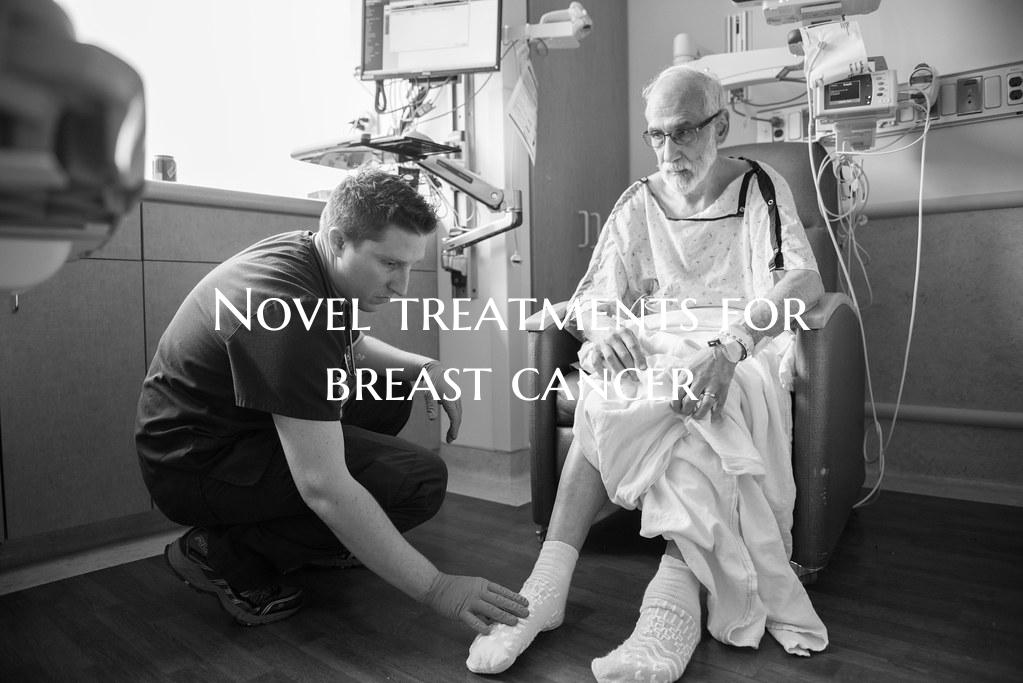
Novel treatments for breast cancer
Breast cancer remains one of the most prevalent and challenging health issues affecting women worldwide. While traditional treatments such as surgery, chemotherapy, and radiation therapy have significantly improved survival rates, researchers and medical professionals continue to strive for innovative approaches to combat this disease. Recent breakthroughs in science and medicine have led to the development of novel treatments that hold promise for more personalized and targeted strategies in fighting breast cancer.
One of the most exciting advancements in breast cancer treatment is the rise of immunotherapy. By harnessing the body's immune system to target and destroy cancer cells, immunotherapy has revolutionized the way we approach cancer treatment. In breast cancer, immunotherapies such as checkpoint inhibitors and CAR-T cell therapy are being investigated for their effectiveness in specific subtypes of the disease. These therapies have shown remarkable results in some patients, providing new hope for those with advanced or treatment-resistant breast cancer.
Another cutting-edge approach in breast cancer treatment is the use of precision medicine and targeted therapies. By analyzing the genetic makeup of a patient's tumor, doctors can identify specific mutations or biomarkers that drive the cancer's growth. This allows for the development of targeted drugs that block these pathways, leading to more effective and less toxic treatments. Drugs like trastuzumab and palbociclib have already transformed the landscape of breast cancer care, offering new treatment options for patients with HER2-positive or hormone receptor-positive disease.
Furthermore, advancements in gene editing technologies such as CRISPR have opened up new possibilities for personalized cancer therapies. By editing the genes responsible for cancer growth or metastasis, researchers are exploring ways to directly target the underlying causes of breast cancer at a molecular level. This precision approach holds great potential for developing more effective and durable treatments with fewer side effects.
In addition to these scientific breakthroughs, researchers are also investigating the role of lifestyle and environmental factors in breast cancer prevention and treatment. Studies have shown that maintaining a healthy weight, exercising regularly, and adopting a nutritious diet can help reduce the risk of developing breast cancer and improve outcomes for patients undergoing treatment. Integrative approaches that combine conventional treatments with complementary therapies such as acupuncture, mindfulness, and yoga are also being explored for their potential benefits in managing treatment side effects and enhancing overall well-being.
As we continue to push the boundaries of science and medicine, the future of breast cancer treatment holds great promise. Innovations in immunotherapy, targeted therapies, precision medicine, gene editing, and holistic approaches are shaping a new era of personalized and effective treatments for individuals affected by breast cancer. By embracing these novel strategies and fostering collaboration between researchers, clinicians, and patients, we can work towards a future where breast cancer is not only treatable but ultimately curable.